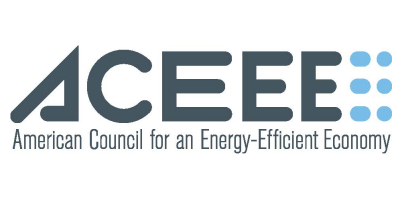
News
ACEEE responds to new U.S. Department of Energy ruling
Group labels latest Department of Energy ruling on energy conservation standards for consumer products and certain industrial equipment an attack on energy-saving policies.
January 16, 2020 By Megan Hoegler

The American Council for an Energy-Efficient Economy (ACEEE) has responded to new U.S. policy for modernizing the process for setting energy conservation standards for many appliances, including HVAC equipment.
The new Process Rule, which will make setting energy efficiency standards for common household appliances more difficult, was approved by the Trump administration on Jan. 16. ACEEE is calling the ruling an attack on energy-saving policies and equipment
“These attacks defy the common-sense, bipartisan support that energy efficiency has long enjoyed,” Steven Nadel, executive director of ACEEE, said in a release. “They will cost consumers and businesses money, create market uncertainty for businesses due to likely legal challenges, add to harmful pollution, and undermine efforts to address the climate crisis.”
The former standards reduced harmful pollution, and saved the average U.S. household approximately $500 each year.
Currently, efficiency standards cover over 60 categories of appliances and equipment that account for 90 per cent of home energy use and 60 per cent of energy use in commercial buildings. Based on ACEEE research, appliance standards are the top US policy for saving energy in buildings.
This rule is the latest in a series of administration attacks on energy efficiency that include a recent rollback of efficiency standards for new light bulbs, cars and light trucks.
“The Department of Energy designed its new process rule to make it slower and harder to establish energy-saving efficiency standards,” Andrew deLaski, executive director of the Appliance Standards Awareness Project (ASAP), said in a release. “Since this administration has yet to complete any new standard of its own, this rule appears aimed at preventing future administrations from using this time-tested policy for saving energy.”
Elements of the new process rule that will make it harder and more difficult to set new standards include a minimum savings threshold that will make new standards for many products illegal, even if the standards have zero cost, increased deference to industry developed test procedures and an increased deference to standards established by ASHRAE for commercial products, among other rulings.
Print this page